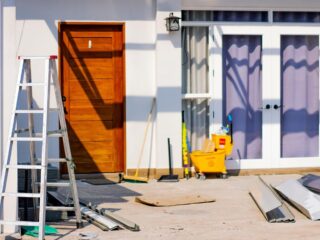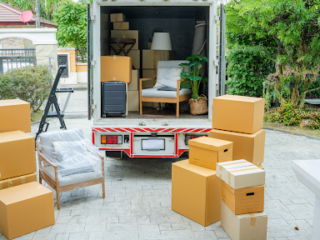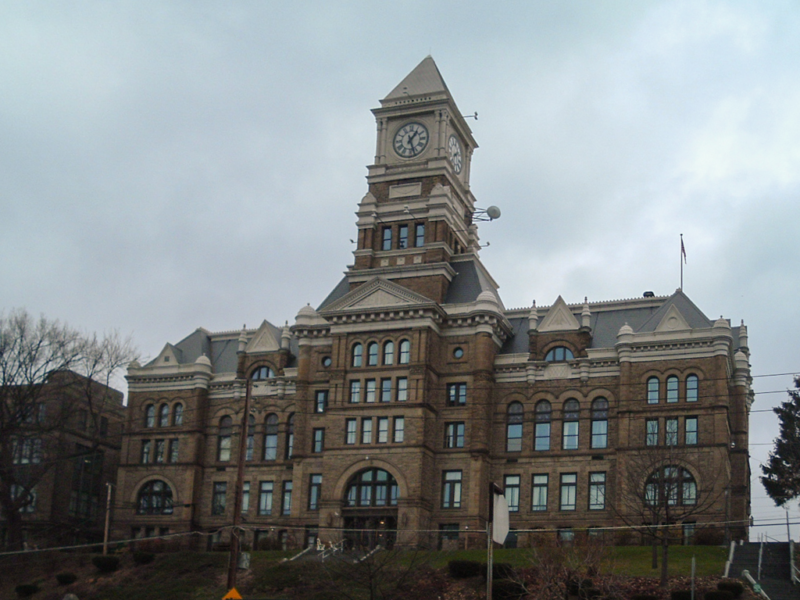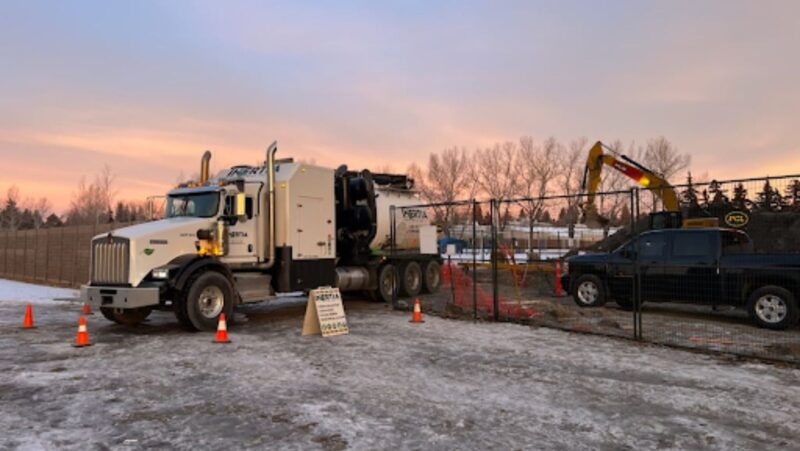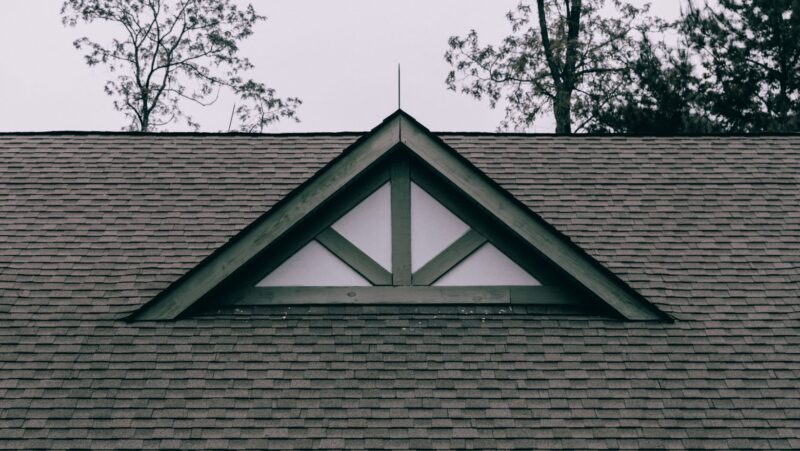
According to Statista, approximately 6.42 million US property crimes in 2023. That includes vandalism, graffiti, window-breaking, and other intentional property damage. Depending on the damage, property value, and local laws, the offense and penalties vary.
Complex property damage claims require detailed documentation, expert assessments, and insurance company negotiations. Without legal representation, recovering fair compensation for property damage can be difficult.
Many property damage lawyers offer free consultations, which is a great way to assess their experience and approach before hiring. Choosing the right lawyer is essential for handling legal and procedural hurdles.
Let’s look at the steps to take when choosing the best lawyer to represent your interests in a property damage claim.
Understand Your Legal Needs
When you’re dealing with property damage, you’ll need to assess your legal needs before hiring an attorney. Knowing what you need saves time and ensures proper representation.
A criminal lawyer from Greco Neyland, P.C., emphasized that the intentional or reckless destruction of another’s property is criminal damage.
He adds that you must also determine property damage. Were you affected by a natural disaster, accident, or negligence? Any of these reasons may require different legal approaches.
Find out how complicated your case is. Consider the expected outcome. Will you recover repairs, temporary housing, or lost revenue? You must know your goals to search effectively.
Now, consider your budget. Knowing your budget is important because legal fees vary greatly.
Research Potential Lawyers
A reliable property damage lawyer may be hard to find, so you must do your research to make the best choice. Start by finding local property damage lawyers. Searching legal directories and law firm websites for candidates can help.
Checking for disciplinary action or complaints against your lawyers is the next step. The state bar association usually has them. Reaching out to friends or family who have faced similar situations can be beneficial.

After narrowing your list, find lawyers’ articles, blogs, and case studies. It may show their knowledge and approach to similar cases. Following these lawyers on social media can help you understand how they will interact with clients and share relevant content.
A few lawyers you like may also offer initial consultations. It would help you assess their communication style and comfort discussing your case. This step helps you narrow your choices.
Evaluate Experience and Expertise
When choosing a property damage lawyer, look for experience and specialization in similar cases.
Consult a property damage attorney who practices in this area for a detailed picture of the details. Look into their experience with cases like yours and how long they’ve been practicing.
Ask them about their experience with natural disasters, accidents, and negligence claims.
A lawyer who has successfully handled similar cases can anticipate obstacles and strategize accordingly. Ask about local laws and regulations that strongly impact the claim. If they’ve worked with insurance companies before, it can help them understand negotiation tactics and potential obstacles.
Check how they relate to clients. An experienced lawyer should be able to explain legal terms and procedures in plain language.
Check Feedback and References
You should also check reviews and references before hiring a lawyer. Search Google, Avvo, and Yelp for reviews. These sites usually share users’ experiences to help other clients understand an attorney’s performance and professionalism.
Identifying patterns in the reviews may reveal several people with similar strengths or weaknesses. Thus, judgment is evident.
Remember to ask the lawyer for references. Most attorneys will give you their former clients’ contacts to share their experiences. Call these references and ask how the lawyer describes his success with cases like yours and his overall satisfaction.
Ask the local bar association about the lawyer’s disciplinary actions or complaints. This can clarify things and help you avoid untrustworthy people.
Schedule Initial Consultations
These meetings allow you to evaluate the attorney’s value to your case. Begin with the few lawyers you’ve selected from reviews and references, then move on to others. You can take your time since most lawyers offer free consultations.
Come to the consultation with questions about property damage claims, how they would handle cases like yours, and how they will communicate with you.

Look for genuine interest in your case and good listening skills. Explain your situation to help them evaluate your claim. Attention to the office environment and staff can reveal a lot about professionalism.
After these appointments, think about how each attorney made you feel—trust and comfort.
Discuss Fees and Payment Options
After meeting potential lawyers, discuss their fees and payment structures to ensure they align with your budget.
Many property damage attorneys work on a contingency basis, meaning they only get paid if you win your case. Ask about the percentage they will take from your settlement and clarify any additional fees, such as court costs or expert witness expenses. For lawyers charging hourly or flat fees, request a detailed cost estimate upfront. Take your time reviewing the payment structure, and don’t hesitate to ask questions until you fully understand the terms
Conclusion
Successful property damage claims require the right lawyer. Identify your legal needs, research attorneys, and evaluate their experience to make an informed decision. Please check reviews and schedule consultations to ensure a good fit. Finally, avoid surprises by understanding fees upfront. The right lawyer will give you the confidence to navigate the claims and possibly get a better settlement.

